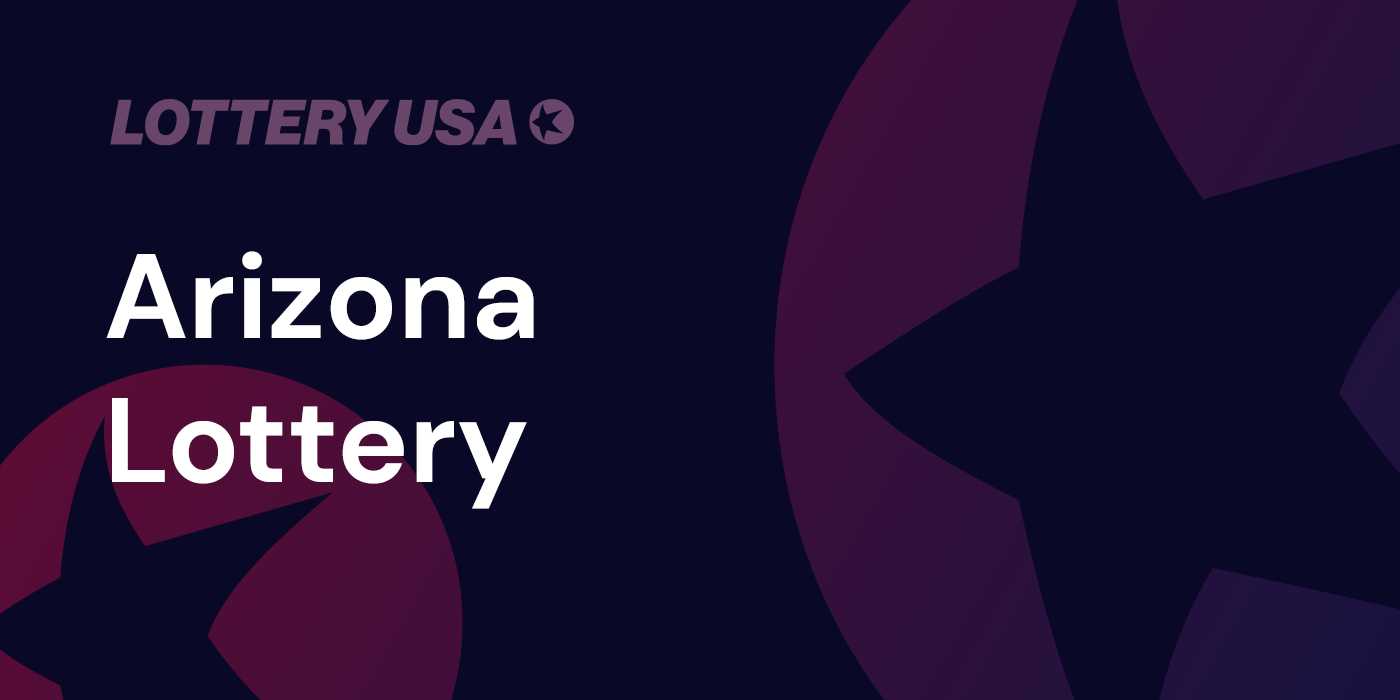

Raymond Buxton from North California sits in third place on the state’s Powerball rich list after winning a jackpot of $425 million in the drawing on February 19th 2014. Lindsay and his family declined to speak to the media after their win, but said in a statement: “We are obviously thrilled with this tremendous stroke of good luck and are still getting our arms around what it means for us.” It was the 10th-largest lottery win in the U.S. The winning ticket was bought from Marietta Liquor & Deli in Menifee. The second-biggest Powerball win in the state arrived a year later in June 2017, when Jeff Lindsay claimed a jackpot worth $447 million, from which he took a $279 million cash lump sum. While we are very grateful for the wonderful wishes and encouragement we've received, it is not our intention to become public figures.” The couple declined to speak to the media but released a statement when they made themselves known, saying: “We are thankful and blessed for the rare gift that has been placed in our care. Marvin and Mae Acosta of Chino Hills took six months to come forward with the third and final jackpot-winning ticket from the January 13th draw, and they took home a cash lump sum of $327 million. Since then, however, players from the state have claimed billions of dollars in prizes, and none have come bigger than the share of the $1.58 billion jackpot that one lucky couple from the Golden State laid claim to in 2016. This amounts to tens of millions of dollars every year.Ĭalifornia was a relative latecomer to Powerball, joining the game in April 2013 as its 45th participant. Money from other sources, such as unclaimed prizes and administrative savings, are also passed on to public education in California. Here’s a breakdown of how lottery revenue is spent in the state of California: Area of Spending The other five percent of revenue from ticket sales is used to cover costs and operating expenses. School boards in each district decide how their share of the money will be spent the California Lottery has no input into this process. The State Controller’s Office (SCO) determines how much money each school district or county will receive at the end of every quarter, and this is then allocated to each district through the State’s Department of Education and County Superintendents. The California Lottery has contributed more than $34 billion to public education since 1985, providing important funding for institutions at all levels, from K-12 right through to Community Colleges and universities.

Ninety-five cents from every dollar spent on lottery tickets in California is given back to the community in the form of prize money, funding for education, and compensation for retailers. Prizes claimed through the California Lottery can take up to six weeks to process. You need to fill in a claim form and send it to the following address, along with your winning ticket: California Lottery, 730 North 10th Street, Sacramento, CA 95811. LocationĪlternatively, you can claim prizes of any value by mail. Office hours are Monday to Friday between 8:00am and 5:00pm Pacific Time, excluding holidays. For prizes over this amount, you must complete a California Lottery claim form and take it to one of the District Offices below. Prizes worth up to $599 can be claimed from any licensed lottery retailer in California. Finally, when the jackpot exceeds $250 million, at least 60 percent is allocated to the top prize and eight percent to the reserve fund.

When the jackpot is more than $120 million but less than or equal to $250 million, 64 percent of the prize fund is allocated to the jackpot and four percent to the prize reserve. When the annuitized jackpot is worth $120 million or less, 68 percent of the prize fund is allocated to the jackpot and nothing is allocated to the prize fund. The percentage allocated to the jackpot and the prize reserve changes depending on the size of the jackpot for the previous draw. The table below shows how the total prize pool is split: Prize Category As a result, the prize amounts may differ to those awarded in other states. State law dictates that California’s prizes must all be calculated on a pari-mutuel basis, meaning that they depend on how many tickets are sold and how many winners there are.


 0 kommentar(er)
0 kommentar(er)
